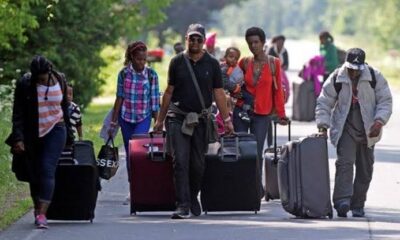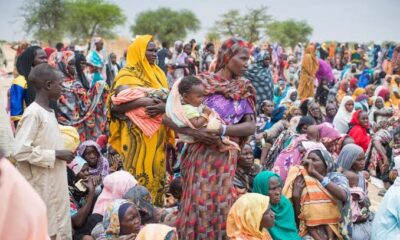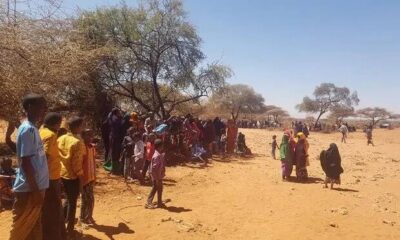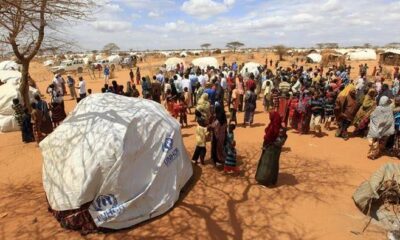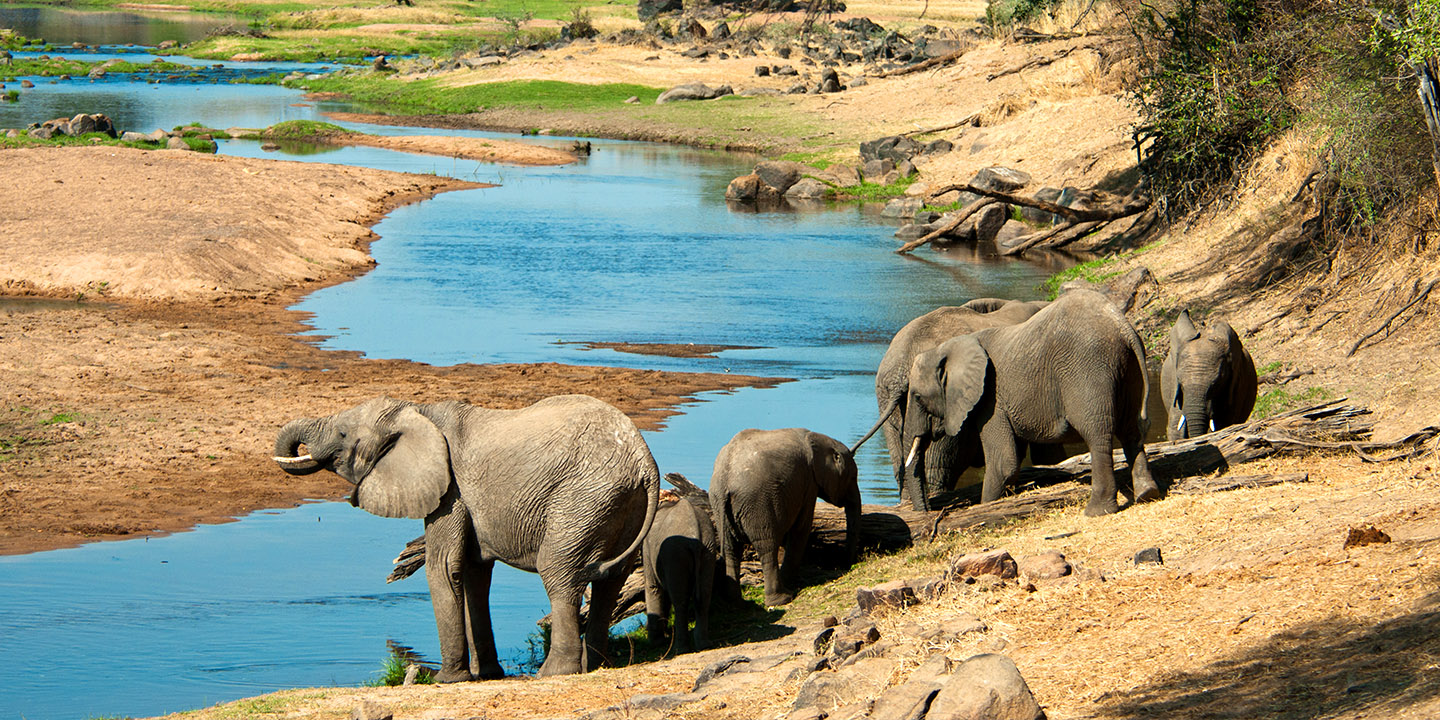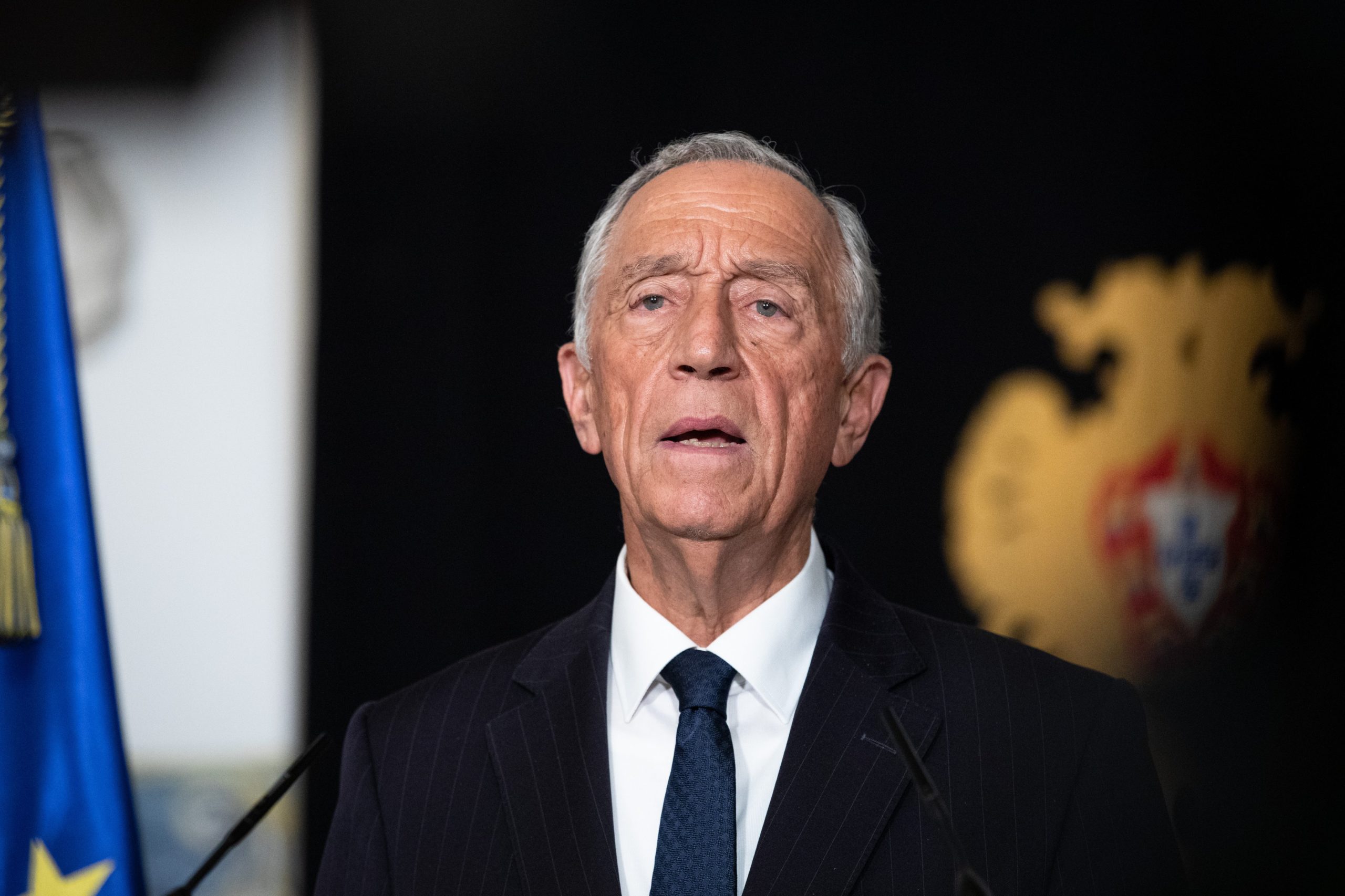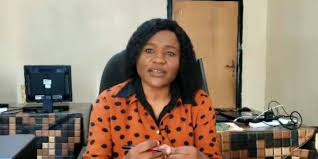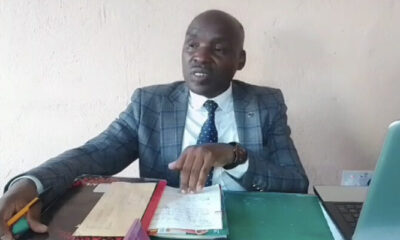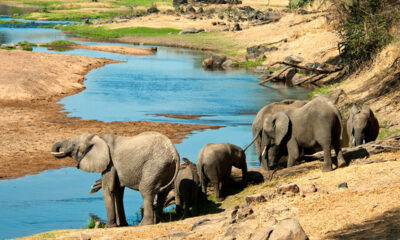Scores of African refugees have complained of the racism and inhuman treatment they get from the United States as the US prepares to welcome hundreds of thousands of Ukrainians fleeing the war in their country.
The refugees, on Saturday, cried out over the way they are treated by US officials including forced deportation, torture, rape, arbitrary arrest and other forms of abuses.
The African asylum seekers who protested the inhuman treatment they get from US officials on Saturday, said though they do not begrudge the US for swiftly “granting humanitarian protections and easy passage to Ukrainians escaping Russia’s devastating invasion of their homeland,” the same treatment should be accorded to other immigrants.
Spokesman for the group, Wilfred Tebah, a Cameroonian who fled the Central African country after escaping from a detention camp, said he could not help but wonder what would happen if the millions fleeing that Eastern Europe nation were of African descent.
Teblah, a leading member of the Cameroon American Council, an advocacy group organizing the protests, said:
“They do not care about a Black man. The difference is really clear. They know what is happening over there, and they have decided to close their eyes and ears,” he said, referring to the situation of Africans who seek refuge in the US.
He also made reference to the frosty reception African and Middle Eastern refugees have faced in western Europe compared with how those nations have enthusiastically embraced displaced Ukrainians.
“We’ll continue to beg, to plead.
We are in danger. I want to emphasize it. And only the Temporary Protected Status for Cameroon and other black refugees will help us be taken out of that danger. It is very necessary,” he said.
In late March, President Joe Biden had made a series of announcements welcoming 100,000 Ukrainian refugees, granting Temporary Protected Status to another 30,000 already in the U.S. and halting Ukrainian deportations.
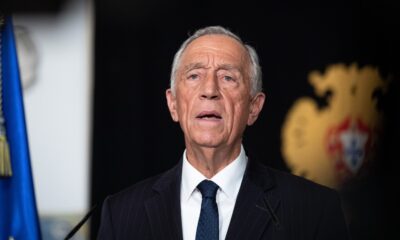
 Musings From Abroad1 day ago
Musings From Abroad1 day ago
 Culture2 days ago
Culture2 days ago
 Tech19 hours ago
Tech19 hours ago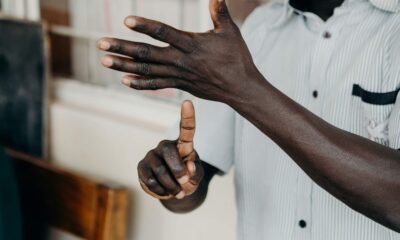
 Metro2 days ago
Metro2 days ago



